Sleep better tonight with these top-rated apps and accessories
Get the rest you need with these simple tweaks to the tech you use.
Melatonin has soared in popularity as a treatment for insomnia and jet lag, with adults five times likelier to use it in 2018 compared to 2000, per the nonprofit National Sleep Foundation, based in Washington, D.C.
More than 60% of surveyed adults who take melatonin use the gummy form — but a recent study in the Journal of the American Medical Association (JAMA) suggested that the contents of those gummies might not exactly match what’s noted on the bottle.
Researchers from the Cambridge Health Alliance in Somerville, Massachusetts and the University of Mississippi evaluated 25 unique brands of gummies that were purchased online and included "melatonin" as an ingredient on their labels.
IN ALZHEIMER’S STUDY, SLEEPING PILLS ARE SHOWN TO REDUCE SIGNS OF DISEASE IN THE BRAIN
Twenty-two of the 25 gummy brands test (88%) were inaccurately labeled, the study found.
Only three of the products contained within 10% of the amount of melatonin that was indicated on the label, with the actual amounts of the hormone ranging from 74% to 347%. One contained CBD (cannabidiol) — but no melatonin at all.
Of the five products that declared CBD as an ingredient, the actual amount was more than 100% in excess of the amount listed on the label.
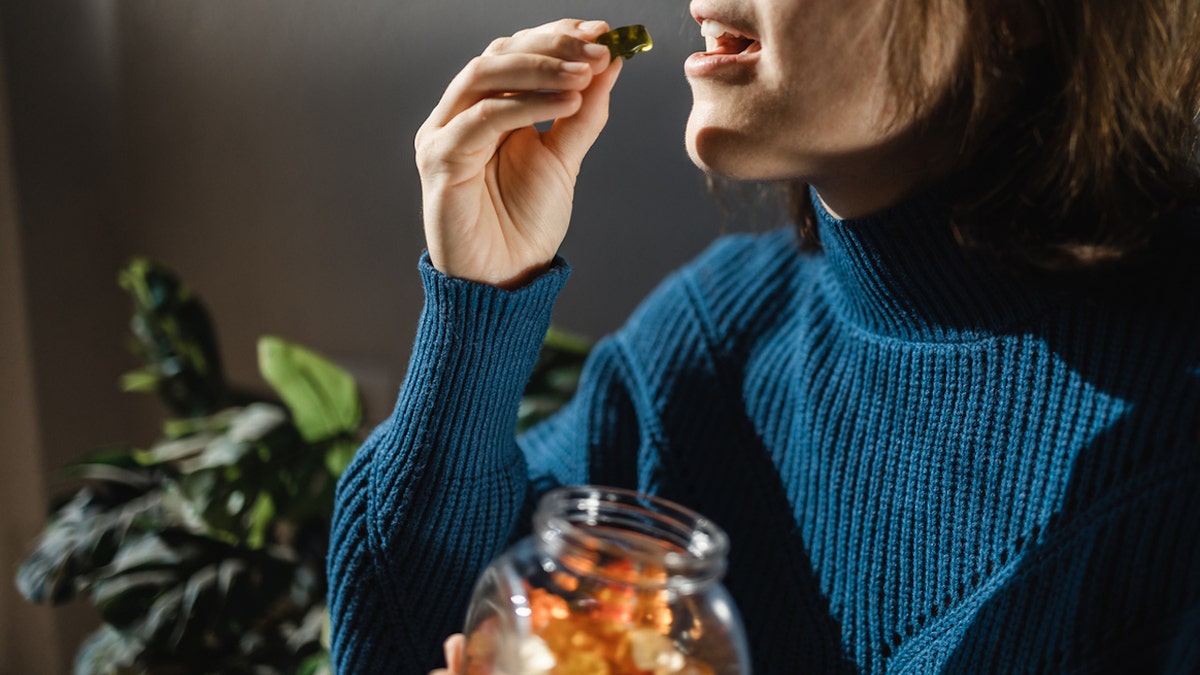
A recent study suggests that the contents of melatonin gummies might not match what’s indicated on the bottle. (iStock)
"Non-prescription forms of CBD can contain trace amounts of THC (less than 3% by weight)," Dr. Kelly Johnson-Arbor, a medical toxicologist at the National Capital Poison Center in Washington, D.C., told Fox News Digital.
"When people consume large amounts of CBD, they may also ingest significant amounts of THC that can potentially cause positive results on drug tests, unexpected signs or symptoms or even toxicity."
Johnson-Arbor was not involved in the new study.
All of the gummies tested were included in the National Institutes of Health’s Dietary Supplement Label Database, which is considered the most comprehensive database of dietary supplements available in the U.S.
"We know from prior studies that manufacturing standards can be poor when it comes to supplements, but I was particularly surprised that there was too much melatonin in many of the products," lead study author Dr. Pieter Cohen, associate professor of medicine at the Cambridge Health Alliance at Harvard Medical School in Somerville, Massachusetts, told Fox News Digital via email this week.
There is a clear way "to be certain that the product is accurately labeled" — and consumers should know how to tell.
"I was also surprised that CBD was found in the products listed in the NIH's dietary supplement website, as the FDA has been clear that CBD is not a legal supplement ingredient," he added.
"While melatonin is not highly toxic in pure form, the presence of contaminants greatly increases the risk of unexpected toxic effects from use of the product," said Johnson-Arbor.
Melatonin gummies are medication, not candy
The gummy version of melatonin supplements may appeal to kids, but Cohen said it’s important to remember that it’s a medication — "just like Benadryl or Tylenol."
"With that in mind, we should keep it secure from children and not give extra if the first dose is not working," he said.
"If consumers decide to try melatonin — particularly if giving it to children — they should seek out a product that is certified by either USP (United States Pharmacopeia) or NSF (formerly the National Sanitation Foundation, now NSF International), as that is the only way to be certain that the product is accurately labeled."
WANT TO GET BETTER SLEEP? EXERCISE FOR THIS LONG EACH DAY
Adults are giving an increasing amount of melatonin to children. Between 2012 and 2021, the number of "pediatric ingestions" of melatonin each year rose 530%, according to the Centers for Disease Control and Prevention (CDC).
Too much melatonin can be dangerous for children — and reports of overdoses are on the rise.
Medical emergencies and hospitalizations have increased, the CDC stated, largely due to a rise in "unintentional melatonin ingestions" by children aged 5 years and younger.
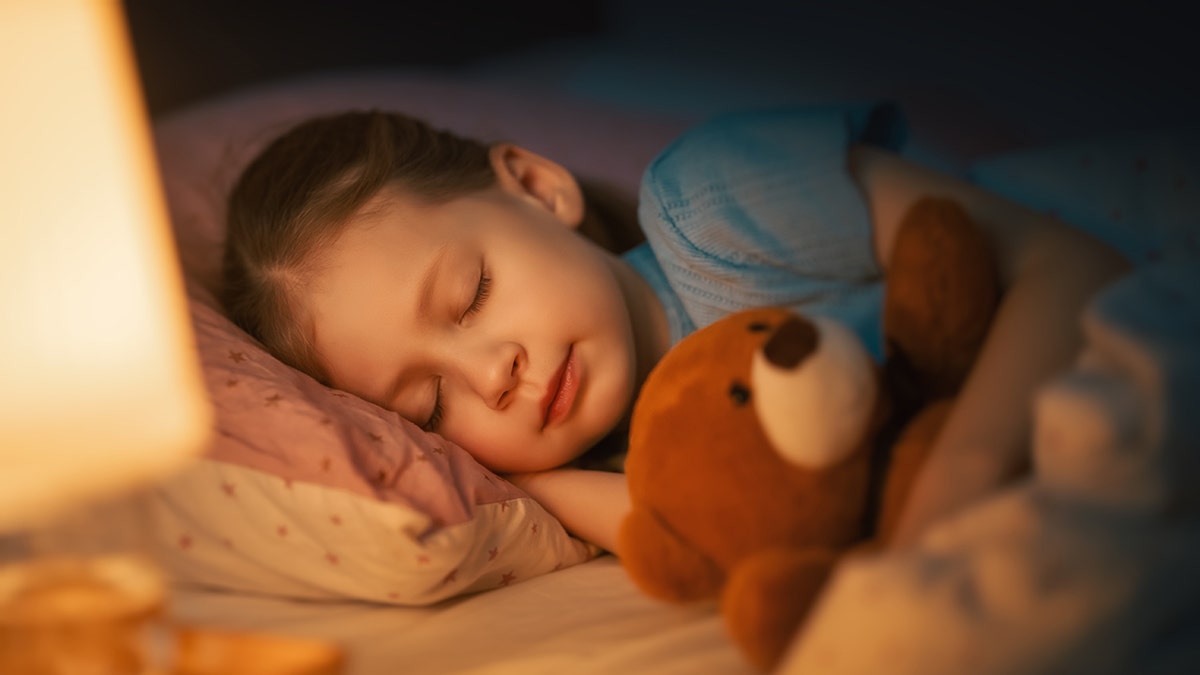
Adults are giving an increasing amount of melatonin to children. Between 2012 and 2021, the number of "pediatric ingestions" of melatonin each year rose 530%, the CDC said. (iStock)
"If young children take too much melatonin, it can lead to serious consequences, as we saw in a U.S. Poison Control study from last year," Cohen told Fox News Digital.
"That study showed that 27,795 kids required medical evaluation, 4,097 were hospitalized and two died after taking too much melatonin."
What is a safe amount of melatonin?
Because it is considered a dietary supplement in the U.S., melatonin is not approved by or regulated by the U.S. Food and Drug Administration (FDA) for safety or effectiveness, the FDA said in a statement to Fox News Digital. (In several other countries, melatonin is considered a drug and is only available by prescription.)
"The FDA collects and tests dietary supplements as part of the agency’s routine monitoring of the marketplace and investigations of suspected problems; however, the FDA does not test dietary supplements before they are sold to consumers due to limited resources," the agency said in its statement.
"If young children take too much melatonin, it can lead to serious consequences."
"Firms have the primary responsibility to make sure their products are not adulterated or misbranded before they are distributed," the FDA continued.
GET BETTER SLEEP AT NIGHT WITH THE HELP OF THESE 10 SMART PRODUCTS
"The dietary supplement good manufacturing practices requires that firms establish both specifications for ingredients in dietary supplements as well as specifications for finished products and to verify that those specifications are met."
Although there is not an "official" recommended dosage, the Mayo Clinic has stated the "typically recommended maximum dose" as 5 or fewer milligrams for adults.
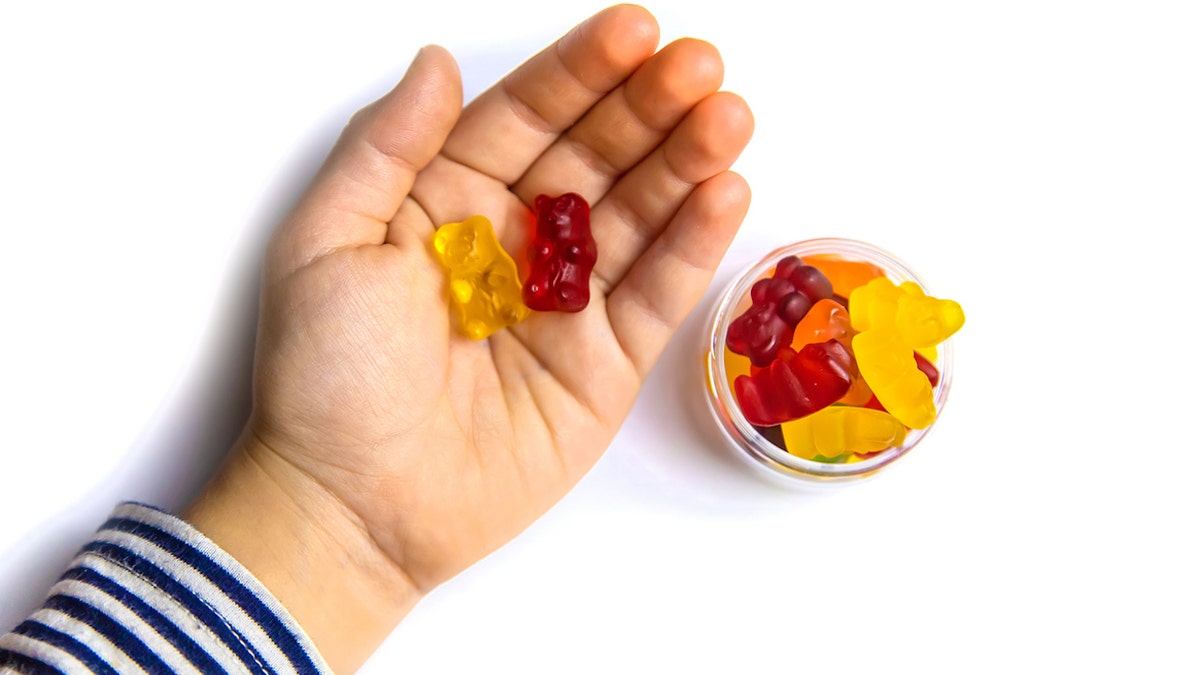
One study showed that 27,795 kids required medical evaluation, 4,097 were hospitalized and two died after taking too much melatonin. (iStock)
When it comes to children, there are some conflicting recommendations in the absence of an FDA recommendation.
"We use a maximum dose of 3 mg for children less than 88 lbs and 5 mg for children more than 88 lbs," Dr. Craig Canapari, a pediatric sleep physician at Yale-New Haven Children’s Hospital in New Haven, Connecticut, wrote on his website.
SOME 20% OF AMERICANS ARE TAKING SLEEP MEDICATIONS, CDC SAYS: 'ALARMING' DATA
"With more than 1% of U.S. children using melatonin supplements, I expect these results to be of immediate importance to parents of all children using — or considering using — melatonin," said study author Cohen.
He emphasized the need for accurately labeled supplements on store shelves.
"We will need to ask Congress to make some changes to the law to ensure that American consumers can have ready access to high-quality supplements," Cohen added.
Study had limitations, researcher says
This is the first U.S. study to evaluate the quantity of melatonin in over-the-counter melatonin products, the researchers wrote in a discussion of the findings.
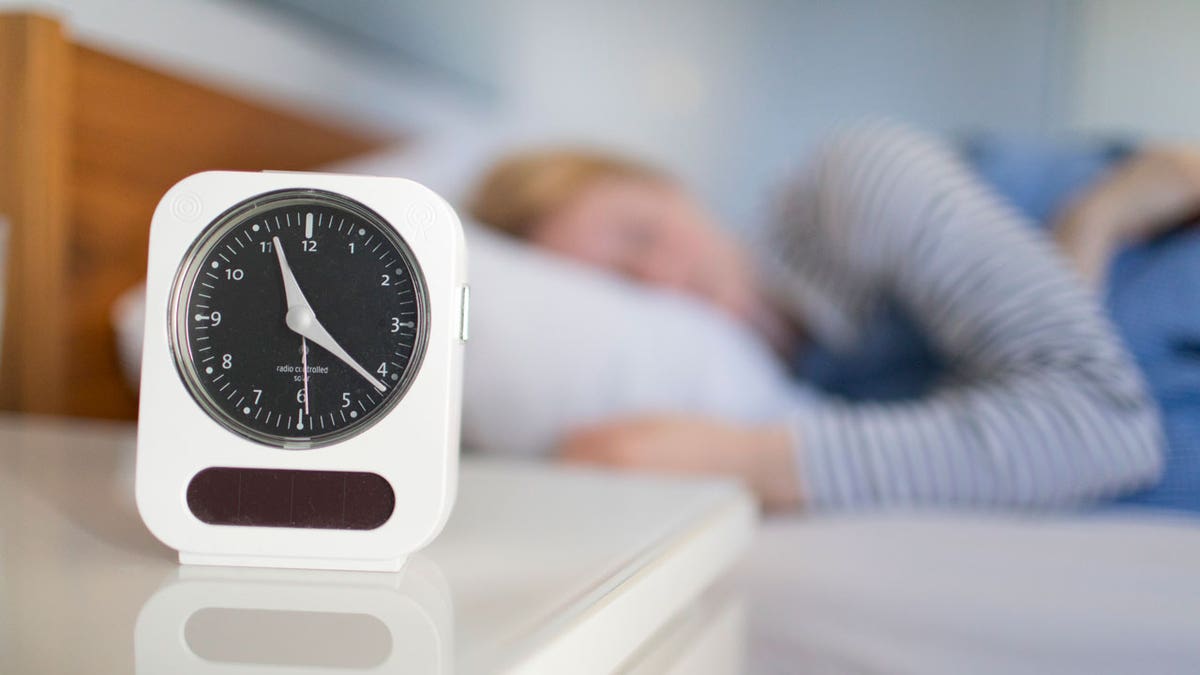
Melatonin has soared in popularity as a treatment for insomnia, with adults five times likelier to use it in 2018 compared to 2000 (Photo Illustration by Ute Grabowsky/Photothek via Getty Images)
But Cohen said they cannot predict the outcome from bottle to bottle.
"We also only looked at gummies — we don't yet know if other forms of melatonin (tablets or capsules) have the same problems," he added.
CLICK HERE TO SIGN UP FOR OUR HEALTH NEWSLETTER
"Even if a melatonin product is labeled as ‘organic’ or ‘safe,’ it may still contain undeclared contaminants or higher concentrations of ingredients than listed on the package label, due to lack of stringent federal oversight," warned Johnson-Arbor.
"Consumers must be aware of the potential for dietary supplements to contain contaminants or have variable potency, and should use all dietary supplements with care," she added.
"Because children may be more susceptible than adults to the effects of undeclared contaminants, parents and caregivers should speak with a pediatrician before giving their children dietary supplements — including melatonin."
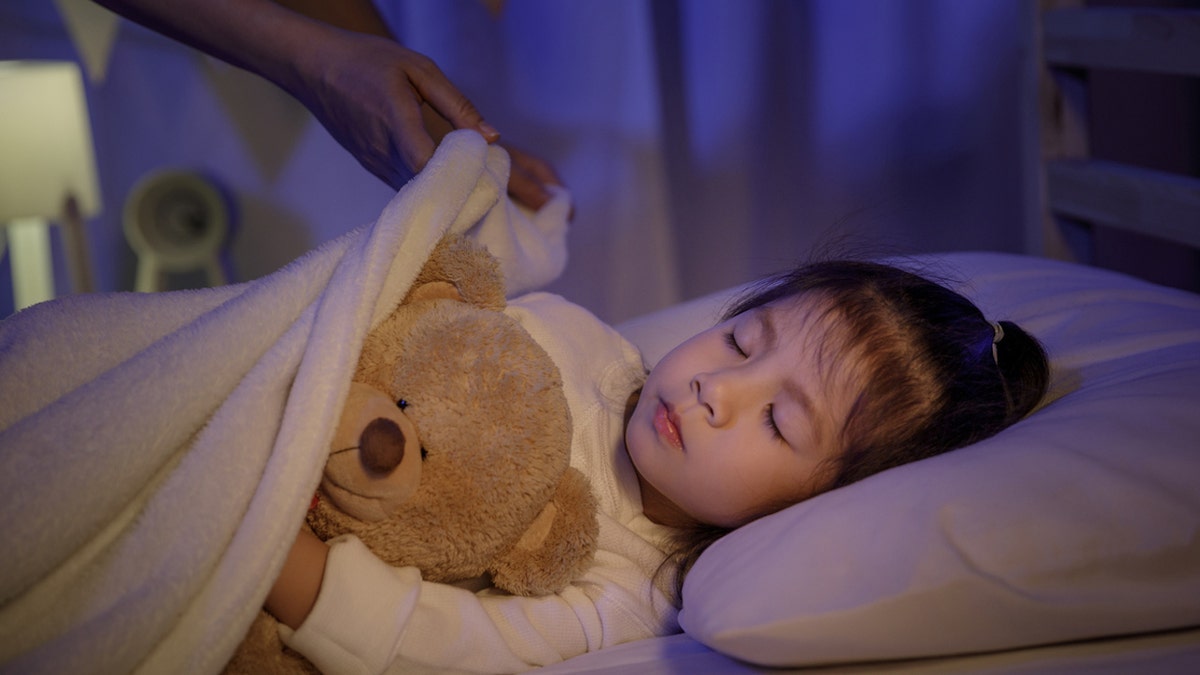
"Parents know how to take care of their own kids, and, often in consultation with their health care providers, have been safely giving the pediatric versions of these melatonin products to their children for years," the CEO of the Council for Responsible Nutrition said in a statement. (iStock)
The Council for Responsible Nutrition, the trade group based in Washington, D.C., that represents the supplements industry, released a statement and shared it with Fox News Digital claiming that the JAMA study uses "flawed" data and that it "confuses adult and pediatric products."
CLICK HERE TO GET THE FOX NEWS APP
"This report does a complete disservice to a safe product when it is used according to manufacturer’s instructions," said Steve Mister, president and CEO of the Council for Responsible Nutrition.
"Parents know how to take care of their own kids, and, often in consultation with their health care providers, have been safely giving the pediatric versions of these melatonin products to their children for years," he also said in the statement.









































